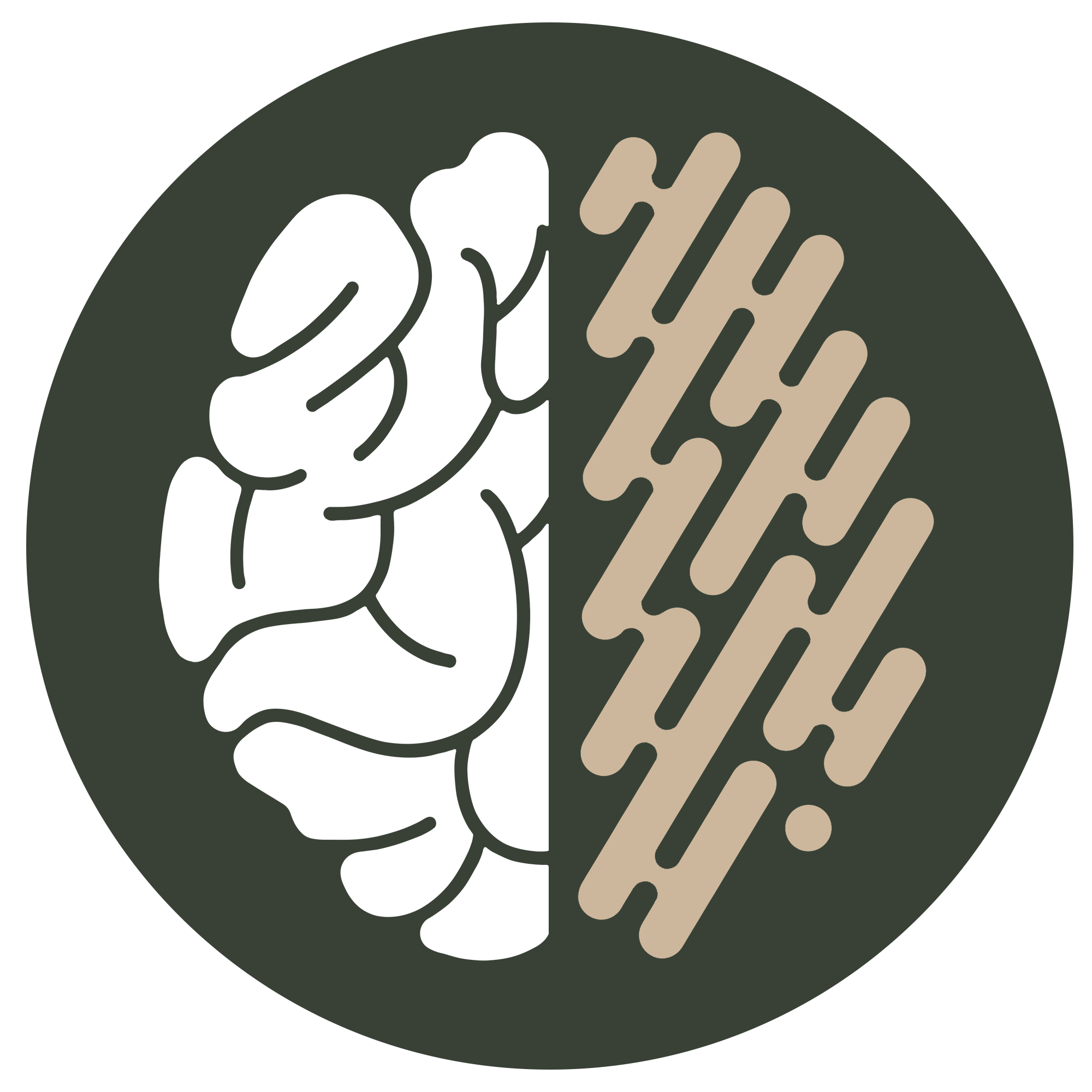

Do you find your social battery drains quickly, even around those closest to you? Does time alone immersed in your inner world recharge your spirit? Do others call you shy or reserved?
If this sounds familiar, your introverted nature is completely normal – and incredibly valuable.
Especially for neurodivergent individuals, understanding and fully embracing introversion allows us to play to our cognitive strengths while honouring our needs. Here’s how to unlock the power of introversion:
Depth Over Breadth
Introverts tend to nurture a small, trusted circle of friends instead of vast social networks. But your close relationships house great richness and meaning like no others. Late-night conversations, heartfelt gestures, and loyal support from a few kindred spirits mean the world. Invest in these relationships by prioritising intimate gatherings with your tribe to feed your soul.
Environments That Embrace Your Sensitivity – Peace and Quiet
Calmer, quieter spaces help introverts minimise sensory overwhelm and recharge mental resources. Seeking out or creating peaceful environments aligned to your needs (a remote beach, a quiet café, a candle-lit room with soft music) can help you to consciously build respites into your days. In these environments, you control the factors that can be aggravating to your nervous system. Make a conscious effort to retreat here and reset frequently.
Leverage Your Inner World
Introverts naturally sustain rich inner worlds where they analyse concepts from every angle and spot patterns and insights others may overlook. You can learn to tap into this strength in environments, adding immense value through reflection and strategy (research, writing, theoretical development).
Your swirling thoughts produce incredible creativity and problem-solving skills.
Self Awareness Equals Self Advocacy
Becoming familiar with and knowing your limits/boundaries gives you internal permission to speak up for what you require and preserve your energy. Whether it’s slipping away from a large event early, requesting 1-1 meetings over group meetings, or working remotely. These are all okay! Knowing your limits gives you the validation to effectively communicate your needs clearly and without guilt!
Changing External Perceptions
Well-meaning peers may label introverts as anti-social or interpret any need for solitude as a personal slight. The social narratives tend to lean towards extroverts. Have compassion, but stand firm in educating others that these periods of retreat are what allow you to be your best self and allow you to be fully present when you need to be.
Build space into your plan to recharge without shame or misconception.
Embrace Your Strengths
Independent and remote work leverages your needs and preference for self-direction.
Creating a working environment that is built around deep focus and minimal collaboration can tap directly into your introverted wiring.. Succeeding and thriving by simply being your authentic selves is incredibly empowering.
Self Acceptance
Make peace with the areas that are still difficult for you regarding both social and sensory triggers. Comparison to others often traps us in chasing some mythical, well-rounded ideal that doesn’t honour our true selves.
‘Quiet Power’ comes from your self-acceptance exactly as you are.
The world needs your unique gifts. Your passion, insight, integrity, and conscientious nature add much-needed balance. Being an introvert is something to cherish and celebrate about yourself, not change.
So, embrace the ‘Quiet Power’ you have within.
Thrive simply by being you.



